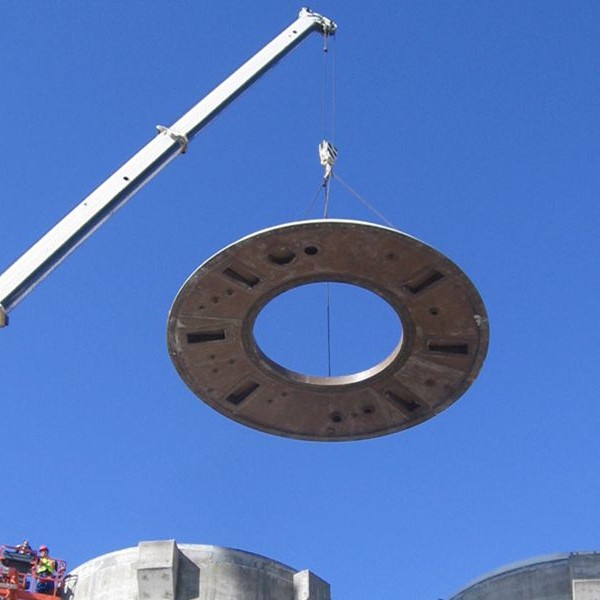
-
 Afrikaans
Afrikaans -
 Albanian
Albanian -
 Amharic
Amharic -
 Arabic
Arabic -
 Armenian
Armenian -
 Azerbaijani
Azerbaijani -
 Basque
Basque -
 Belarusian
Belarusian -
 Bengali
Bengali -
 Bosnian
Bosnian -
 Bulgarian
Bulgarian -
 Catalan
Catalan -
 Cebuano
Cebuano -
 China
China -
 China (Taiwan)
China (Taiwan) -
 Corsican
Corsican -
 Croatian
Croatian -
 Czech
Czech -
 Danish
Danish -
 Dutch
Dutch -
 English
English -
 Esperanto
Esperanto -
 Estonian
Estonian -
 Finnish
Finnish -
 French
French -
 Frisian
Frisian -
 Galician
Galician -
 Georgian
Georgian -
 German
German -
 Greek
Greek -
 Gujarati
Gujarati -
 Haitian Creole
Haitian Creole -
 hausa
hausa -
 hawaiian
hawaiian -
 Hebrew
Hebrew -
 Hindi
Hindi -
 Miao
Miao -
 Hungarian
Hungarian -
 Icelandic
Icelandic -
 igbo
igbo -
 Indonesian
Indonesian -
 irish
irish -
 Italian
Italian -
 Japanese
Japanese -
 Javanese
Javanese -
 Kannada
Kannada -
 kazakh
kazakh -
 Khmer
Khmer -
 Rwandese
Rwandese -
 Korean
Korean -
 Kurdish
Kurdish -
 Kyrgyz
Kyrgyz -
 Lao
Lao -
 Latin
Latin -
 Latvian
Latvian -
 Lithuanian
Lithuanian -
 Luxembourgish
Luxembourgish -
 Macedonian
Macedonian -
 Malgashi
Malgashi -
 Malay
Malay -
 Malayalam
Malayalam -
 Maltese
Maltese -
 Maori
Maori -
 Marathi
Marathi -
 Mongolian
Mongolian -
 Myanmar
Myanmar -
 Nepali
Nepali -
 Norwegian
Norwegian -
 Norwegian
Norwegian -
 Occitan
Occitan -
 Pashto
Pashto -
 Persian
Persian -
 Polish
Polish -
 Portuguese
Portuguese -
 Punjabi
Punjabi -
 Romanian
Romanian -
 Russian
Russian -
 Samoan
Samoan -
 Scottish Gaelic
Scottish Gaelic -
 Serbian
Serbian -
 Sesotho
Sesotho -
 Shona
Shona -
 Sindhi
Sindhi -
 Sinhala
Sinhala -
 Slovak
Slovak -
 Slovenian
Slovenian -
 Somali
Somali -
 Spanish
Spanish -
 Sundanese
Sundanese -
 Swahili
Swahili -
 Swedish
Swedish -
 Tagalog
Tagalog -
 Tajik
Tajik -
 Tamil
Tamil -
 Tatar
Tatar -
 Telugu
Telugu -
 Thai
Thai -
 Turkish
Turkish -
 Turkmen
Turkmen -
 Ukrainian
Ukrainian -
 Urdu
Urdu -
 Uighur
Uighur -
 Uzbek
Uzbek -
 Vietnamese
Vietnamese -
 Welsh
Welsh -
 Bantu
Bantu -
 Yiddish
Yiddish -
 Yoruba
Yoruba -
 Zulu
Zulu
Innovative Fiberglass Solutions for Enhancing Efficiency in Steel Smelting Facilities and Operations
Fiberglass Products for Steel Smelting Plants
In the modern steel industry, efficiency and innovation are paramount. As steel smelting plants continue to evolve, the need for advanced materials that can withstand the harsh environments of high temperatures and corrosive substances becomes increasingly important. One such material gaining traction in these facilities is fiberglass. This article explores the benefits and applications of fiberglass products in steel smelting plants, highlighting their significance in enhancing operational efficiency and safety.
Fiberglass, a composite material made of fine glass fibers and resin, offers a combination of strength, durability, and lightweight characteristics essential for various industrial applications
. In steel smelting plants, fiberglass products can be utilized in several critical areas1. Insulation One of the key applications of fiberglass in steel smelting plants is for thermal insulation. Given the extreme temperatures present in smelting processes, effective insulation is vital to maintain energy efficiency and protect equipment from overheating. Fiberglass insulation not only reduces heat loss but also minimizes energy consumption, leading to significant cost savings in the long term. Its lightweight nature makes installation easier and more economical compared to traditional insulation materials.
2. Corrosion Resistance The steel smelting environment is fraught with corrosive agents, including molten metal and various chemicals used in the process. Fiberglass products are highly resistant to corrosion, making them an ideal choice for components such as piping, tanks, and storage containers. This corrosion resistance extends the lifespan of equipment, reducing maintenance costs and downtime, thereby enhancing overall productivity.
fiberglass products for steel smelting plant

3. Structural Components In a steel smelting plant, structural integrity is crucial. Fiberglass-reinforced plastics (FRP) are being increasingly used for walkways, platforms, and even housing for electrical components. These structural elements must not only support heavy loads but also withstand the rigors of a demanding industrial environment. The high strength-to-weight ratio of fiberglass allows for the construction of robust yet lightweight structures, facilitating easier maneuverability and access for maintenance workers.
4. Safety Features Safety is a top priority in any industrial operation, and the steel smelting process is no exception. Fiberglass products contribute to a safer work environment in several ways. For instance, fiberglass grating is commonly used for walkways and working surfaces, as it provides excellent slip resistance and is less prone to damage from impacts. Moreover, in the event of a fire, fiberglass does not emit toxic fumes, making it a safer option for plant facilities.
5. Custom Solutions Every steel smelting plant has unique requirements based on its operational processes and environmental conditions. The versatility of fiberglass allows for customized solutions tailored to specific needs. Whether it's specialized tank linings, non-slip surfaces, or customized equipment covers, fiberglass can be molded and manufactured to fit the exact specifications of a facility, promoting efficiency and safety.
In conclusion, fiberglass products play a pivotal role in enhancing the efficiency, safety, and durability of steel smelting plants. Their properties—such as thermal insulation, corrosion resistance, structural strength, and safety features—make them invaluable materials in modern steel production processes. As the industry continues to innovate and seek sustainable ways to improve operational performance, the use of fiberglass is likely to rise, supporting the overall goal of achieving greater efficiency and safety in steel manufacturing. Embracing fiberglass technology will not only improve plant performance but also contribute to a more sustainable and environmentally-friendly steel industry.









